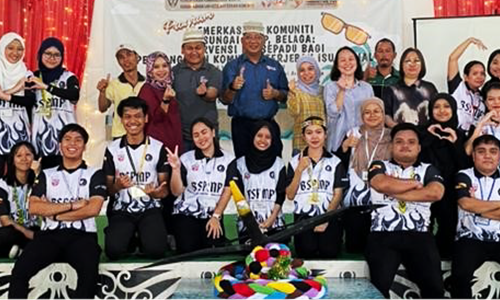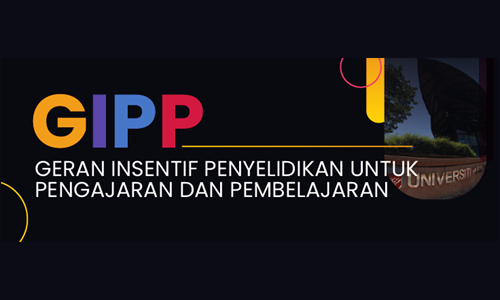|
Education for Sustainable Development (ESD) has emerged as a vital component in the global endeavour to address pressing challenges of the twenty-first century, including climate change, biodiversity loss, and socioeconomic disparities. As centres of knowledge and innovation, higher education institutions hold a pivotal role in nurturing responsible and visionary leaders capable of tackling these complex issues.
|
|
Higher education institutions carry a unique responsibility to furnish students with the knowledge, skills, values, and attitudes necessary to navigate intricate sustainability challenges. By incorporating ESD across their curricula, research, campus operations, and community engagement, universities can cultivate a culture of sustainability that transcends disciplinary boundaries and empowers students to become catalysts for change.
|
|
Engaged research is a collaborative approach that emphasizes the active involvement of stakeholders in the research process. It is particularly relevant to Education for Sustainable Development (ESD), as it fosters the development of critical thinking, collaboration, and action-oriented problem-solving skills. Higher education institutions should prioritize interdisciplinary research in areas such as climate change, renewable energy, and sustainable agriculture. By nurturing collaborations with external organizations and securing funding for sustainability research, universities can bolster their research capacity and influence.
|
|
Students are uniquely positioned to act as agents of change. By engaging in ESD, they develop a deep understanding of sustainability challenges, as well as the necessary skills to address them. As future leaders, innovators, and decision-makers, students have the potential to drive transformative change in their communities and beyond. To support students in this endeavour, higher education institutions must also strive to exemplify sustainability in their campus operations. This commitment encompasses implementing energy conservation measures, minimizing waste, endorsing sustainable procurement practices, and preserving campus biodiversity. By establishing sustainability targets and consistently monitoring progress, institutions can maintain focus and continually enhance their sustainability performance.
These institutions can further contribute to sustainable development by engaging with local communities and forging partnerships with key stakeholders, including businesses, NGOs, and government agencies, higher education institutions can contribute to sustainable development beyond their campus confines. Organizing events, activities, and projects that address local challenges and heighten sustainability awareness can foster a sense of collective responsibility and galvanize communal action towards a sustainable future.
At the same time, the rapidly changing nature of global challenges requires continuous innovation and adaptation in ESD programs. Educational institutions should be encouraged to experiment with new pedagogical approaches, technologies, and partnerships, while also learning from the successes and failures of others. This iterative process will ensure that ESD remains responsive, relevant, and effective in addressing the evolving needs of students and society.
|



























